Pak-Saudi pact to reshape MENA security
Think tank launches study on September 17 agreement, hails MBS as reformer
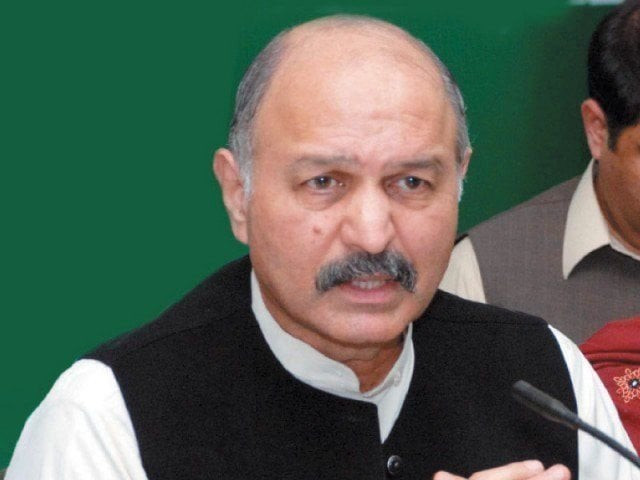
Senator Mushahid Hussain Sayed on Sunday unveiled what he described as the first comprehensive research report on the significance and implications of the Pakistan-Saudi Defence Agreement, calling it a landmark moment that marks Pakistan's renewed role as a security provider in the Middle East.
The 31-page study, titled "Pakistan & Saudi Arabia: Muslim World's Strategic Security Partners", was prepared by the Pakistan-China Institute, the think tank headed by Senator Mushahid.
The report includes a foreword by him, a summary of key points, an overview of the geopolitical context, and a fact sheet on Pakistan-Saudi diplomatic milestones and defence cooperation.
Launching the report at a media interaction, Mushahid said the agreement signed on September 17, 2025, between the two countries was "historic and significant" and compared its importance to Pakistan's role during the 1973 Arab-Israeli war.
He recalled how Pakistani pilots had flown combat missions for Syria and Egypt and how Pakistan, with Saudi sponsorship, hosted the 1974 Islamic Summit in Lahore that accorded recognition to the Palestine Liberation Organisation under Yasser Arafat.
Calling the accord the "first Muslim Defence Pact," Mushahid credited Chief of Army Staff Field Marshal Syed Asim Munir and Saudi Crown Prince Mohammed bin Salman (MBS) as its architects. He praised MBS as "a Muslim reformer rapidly transforming Saudi Arabia, just like Deng Xiaoping did for China," and described him as potentially the most consequential Saudi leader since King Faisal.
Explaining the rationale behind the agreement, Mushahid identified three main factors.
First, he said, the Middle East is undergoing a fundamental shift due to what he termed "Greater Israel aggression," including Israel's recent attack on Qatar. He noted that Qatar had been hosting talks between Hamas and US and Israeli officials, yet faced military action, becoming the sixth Muslim country targeted after Palestine, Iran, Lebanon, Syria, and Yemen.
This, he argued, revealed Israel's hegemonic ambitions.
Second, he said Pakistan has emerged as a security alternative following the United States' failure to prevent the assault on Qatar, despite Qatar hosting America's largest military base in the region.
He recalled that Saudi oil facilities had been attacked in 2019 with no US response, reinforcing Gulf states' insecurity.
In this climate, he argued, Muslim countries are now seeking new defence partners, and Pakistan, with its history of providing security to Muslim nations and its role in securing the 2022 FIFA World Cup in Qatar, fits that role. Third, Mushahid said Pakistan's successful defence against Indian aggression in May 2025 demonstrated its military capability.
He noted that Pakistan had not only resisted a larger adversary but also shot down over 80 Israeli-supplied Harop drones deployed by India. He quoted former US President Donald Trump's remarks acknowledging Pakistan's performance in that conflict.
"Pakistan has demonstrated the Will, Skill and Capability to defeat India, Israel's key ally," he added.
According to Mushahid, the defence pact has been welcomed by Muslim nations from Egypt to Iran, with Iranian President Masoud Pezeshkian describing it as a step toward a regional security system.
He positioned the agreement as a counterbalance to what he called the emerging "Indo-Israeli axis" and claimed it had already rendered defunct the India-Middle East-Europe Corridor (IMEC) initiative announced by President Biden and Prime Minister Modi at the 2023 G-20 summit.

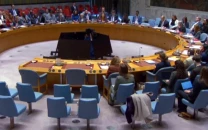
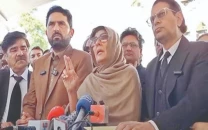
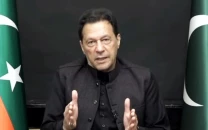
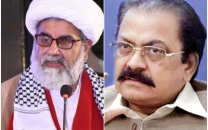


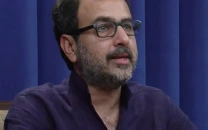















COMMENTS
Comments are moderated and generally will be posted if they are on-topic and not abusive.
For more information, please see our Comments FAQ